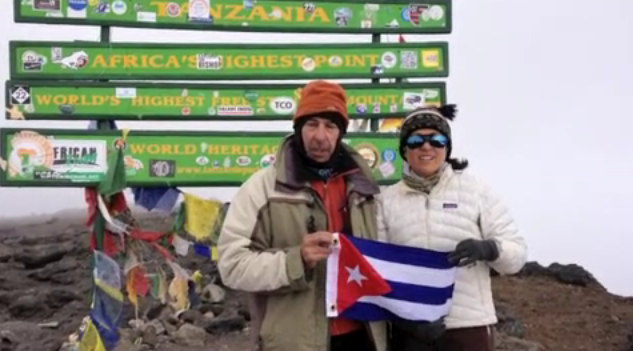| In the spring of 2018, I spent several weeks traveling throughout Southeast Asia visiting Laos, Cambodia, Vietnam, and Thailand to study the organic nature of the political ideas governing these regimes. |
|
Politically, Laos and Vietnam are Marxist-Leninist one-party socialist republics, presumably in some state of undefined transition. Cambodia is a former French protectorate, and is currently a “vaguely communist, free-market state with an authoritarian coalition ruling over a superficial democracy” (David Roberts-Human Rights Watch). Thailand is nominally a constitutional monarchy, at this time under military dictatorship.
Economically, Thailand is a newly industrialized economy ranked, by metrics of purchasing power parity (PPP), as number 72 in the world. Laos, Vietnam, and Cambodia, are ranked numbers 121, 125, and 141 respectively by PPP. (For reference, the United States is ranked as #11 by PPP).
Following World War II Thailand became a key anti-communist U.S ally in the region, and has alternated between democracy and military rule. In Laos, the ruling Marxist-Leninist People’s Revolutionary Party is dominated by military figures. Cambodia’s history includes the genocide of Pol Pot’s Khmer Rouge (1975-79), and has been ruled since 1997 by Prime Minister Hun Sen and the Cambodian People’s Party. Vietnam, unified following the North Vietnamese victory in 1975, initiated a series of economic reforms in 1986 under the direction of the Communist Party.
When we study the history of a country, the pedagogical approach is sequential and linear. That is, we study one event neatly following another. But history, and in particular the history of political ideas, is much more interrelated and non-linear. The history of ideas is not a simple succession of one idea following, and entirely replacing, another idea. This was a central point of the dialectical approach of German philosopher Friedrich Hegel (1770-1831).
Hegel’s dialectical method consisted of a beginning proposition or thesis, followed by a negation or antithesis. The antithesis did not replace the thesis, but rather the two conflicting ideas (thesis and antithesis) were reconciled into a new proposition called a synthesis. And then, the process began again with the synthesis becoming the new thesis. This thesis-antithesis-synthesis triad was later extended rather abnormally by Karl Marx and Friedrich Engels into their “Dialectical Materialism.”
But as Hegel saw it, political ideas are organic. Our political experience is always rotted in the past and feeds from it. Let’s keep this concept in mind as we think of countries transitioning from one political system to another. The Hegelian view is that a new government, even if it is diametrically opposed to the policies of its predecessor, cannot philosophically obliterate and entirely replace the previous governing philosophy.
The antithesis will not replace the thesis but rather, out of the two, a new synthesis will emerge that incorporates a great deal of the old. Hegel doubted that a complete break with the past was politically possible.
This failure of a decisive politico-economic break with the past was evident in my recent visit to Southeast Asia. Conceptually I had witnessed the same efforts to combine elements of the communist past with a new politico-economic system in earlier visits to Eastern Europe following the collapse of the Soviet Union.
Governments may be overthrown, but systems of ideas of government are never completely replaced resulting in philosophically hybrid regimes. New governments are never completely detached from the past. Such is the organic history of ideas.
As a Cuban-American political exile, who views individual freedoms as the highest political value, it saddened me to witness in these countries politico-economic systems that some observers offer as viable models for a post-communist Cuba: A market-oriented military dictatorship such as in Thailand, or oppressive collectivist regimes like those in Laos, Cambodia, or Vietnam.
I find none of these acceptable. And yet, if Hegel was right, and political ideas are organic and always attached to the past, a new politico-economic idea cannot entirely replace another politico-economic system. Thus, post-communist Cuba will likely be a politico-economic synthesis of a communist thesis and a capitalist antithesis, not unlike those I visited in Southeast Asia. I pray not, for this is a sad and unpromising future.
Please let us know if you  this article. this article. |
|
We welcome your feedback.
Abrazos,
Lily & José
(click on the name to email Lily or Jose) |
|
|
|
|










No comments:
Post a Comment